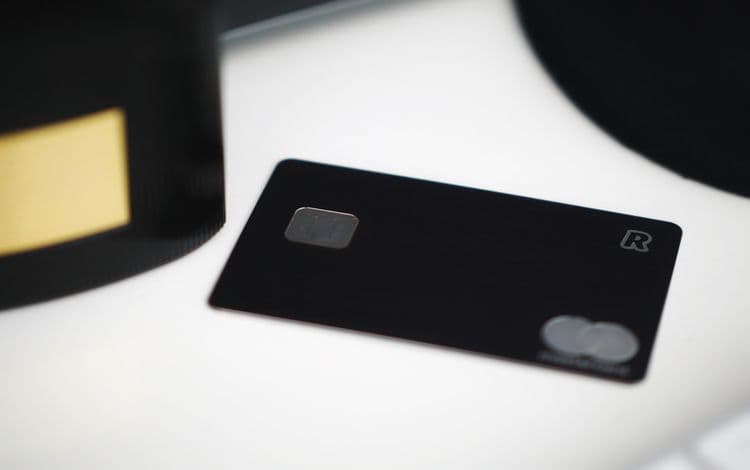Fair Isaac Corporation's FICO system is the most popularly used method for measuring credit scores in this country. According to the FICO model, a good credit score will fall somewhere between 670 to 799. That said, there are degrees of "good" when measuring credit scores. So for example, 670 to 739 is what the FICO system rates as good while once you get into the 740 plus range you are looking at very good in terms of credit rating. And scores above 799 will fall into the excellent category on the FICO scale. In this article, we look closer at what constitutes a good credit score and some things you can do to help get to that level.
Good Credit: Understanding How They Work
As most know, your credit score is a number that indicates to creditors and lenders among others how well you do in terms of paying back debt, keeping debt levels down, and also if you take on too much credit. There are three main reporting bureaus: Equifax, TransUnion, and Experian. All will use a credit scoring model to arrive at the number which represents your credit score and consequently where you fall on the FICO scale. These bureaus also generate credit reports which are synopses of your repayment and credit history. Generally, when you apply for some type of loan a lender will request your credit report.
The various scoring models used actually will come up with different overall scores, as the bureaus tend to weigh the elements of your credit report differently. So, whereas your Experian credit report may show a good score, your TransUnion report could potentially show it to be "very good." The FICO system will also generate different scores based upon loan type. For instance, if you are seeking a mortgage, one credit score may appear, and yet, if you go to seek an auto loan you could be looking at a different credit score.
Your FICO is also impacted by which creditors report to the various bureaus and consequently how they report. Not all creditors and/or credit card companies will report the same information to the credit bureaus. This will also affect how your credit score looks from bureau to bureau.
Overall, the scores will be similar and not diverge from one another too widely. So if you do have a good credit score overall, lenders will be more likely to take a risk on you as a good credit score suggests you make your payments on time and avoid delinquencies. A good credit score means that you are more creditworthy than if your score fell into the fair column, or worse. Not to mention, not only are lenders more willing to work with you, but they also are bound to get you better loan terms and more favorable rates when you present them with a good credit score, which of course will save you money as far as the total cost of the loan for which you are applying.
If your score isn't considered good, this isn't an automatic disqualification from any loan; however, you could be stuck with a much higher interest rate and potentially you will have to put more down by way of a down payment on the loan to reduce the risk associated with your application and lower credit score. There is also the chance that a lender may require you to have someone cosign your loan; a cosigner is someone with better credit than you who essentially takes responsibility for the loan should you default.
Improving Your Credit Score
If you do want to improve your score and ultimately get into that good credit category, there are steps you can take to gradually work your way toward "good" or even "very good."
- Keep track of your credit score: Often you can find sites online that will provide you with a free credit report—take advantage of these. Staying on top of what is in that credit report can make a difference in the points you can get. It is not as uncommon as you think for the reporting bureaus to have errors on your report. You want to correct any inaccuracies immediately. Also check to see if any old, open accounts might be better off closed. Additionally, as identity theft is something with which everyone unfortunately at one point or another must contend, you want to check for any accounts on your credit report that you do not remember opening. Report these as soon as you spot them to prevent further damage to your credit.
- Make payments on time: Perhaps the single most important factor that determines where your credit score falls is your repayment history. If numerous delinquent payments are going to hugely impact your score. Make all relevant loans, credit cards, and any other such payments on time as this will eventually help to boost that credit.
- Keep balances low: If you have a large amount of debt, this will without question negatively impact your score. The credit bureaus and scoring models look at how much available credit you have versus how much credit you've used during a particular period. Generally, if you exceed more than thirty percent of your available credit, this will hurt your credit score. To get that credit score into the good category, you want to keep the amount of monthly debt you have relatively low if at all possible.
- Pay attention to the length of your credit history: The length of your credit history will have some effect on your credit score. The longer some accounts have remained opened and in good standing, the better this could be for your FICO score. Check which credit cards for example you have that have no annual fees. Even if you are not using these, you should consider keeping them open.
Regardless of credit score, First Union Lending might still have the perfect financing solution for your business. Call today!
